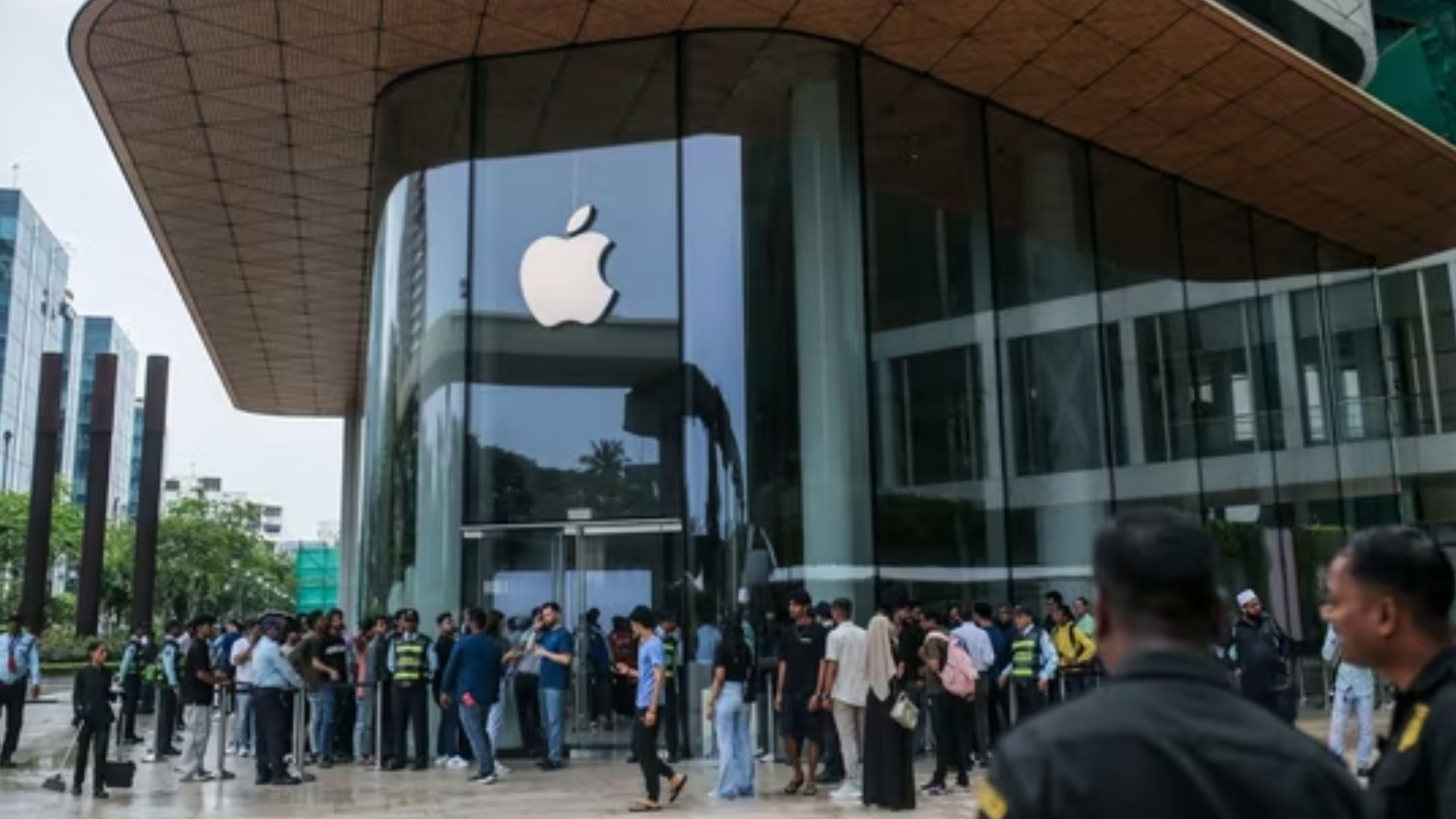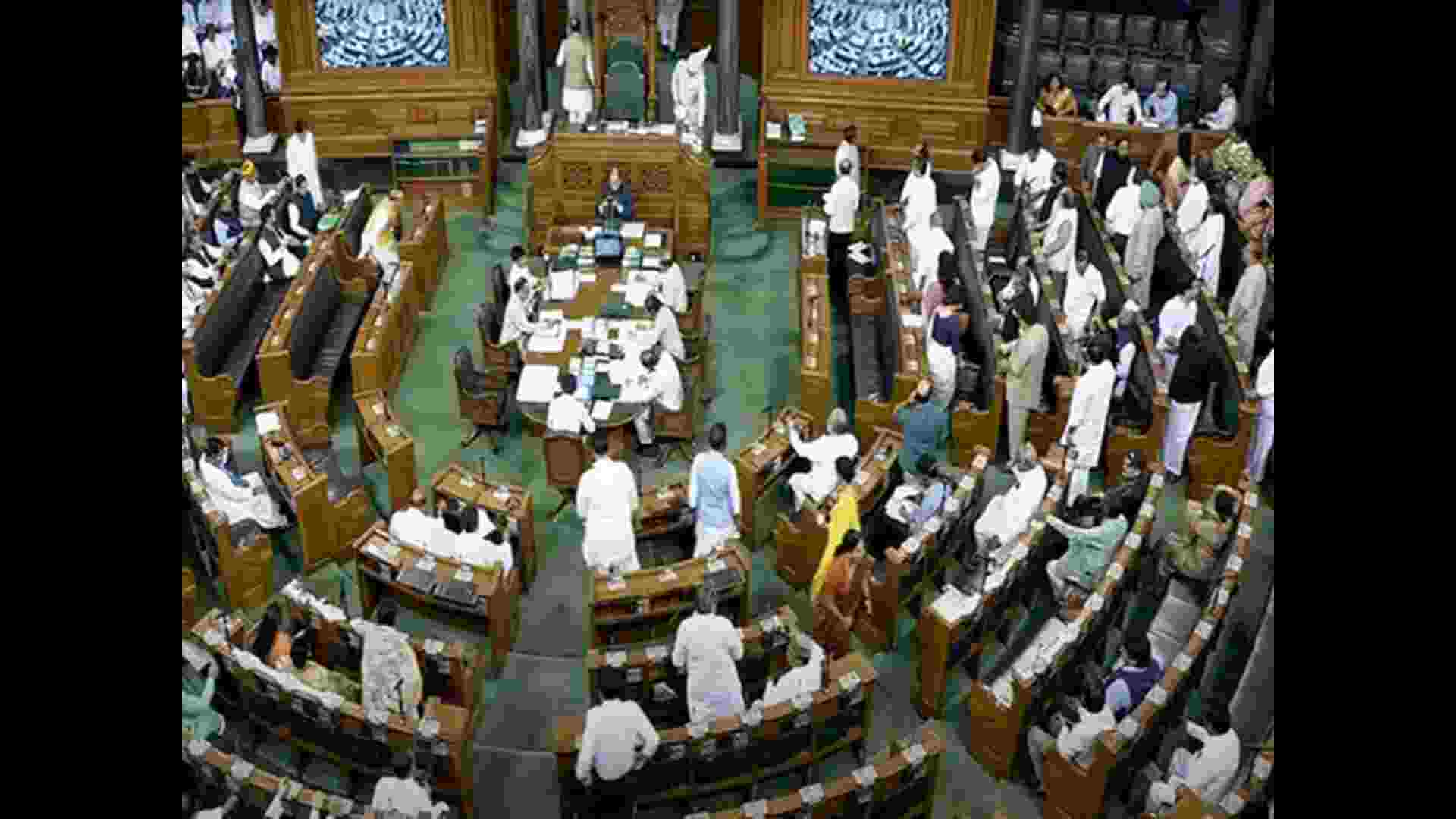
The Delhi High Court in the case KumKum Kohli Versus ACIT observed and has stayed the reassessment order which is based on an internal audit objection.
The division bench comprising of Justice Rajiv Shadher and Justice Tara VitastaGanju in the case observed that the expression “any audit objection” was being introduced only by the Finance Act, 2022, although with effect from 01.04.2012. However, the expression obtained in Explanation 1(ii) appended to Section 148 referred to the “Comptroller and Auditor General of India”, prior to the amendment.
In the present case, the petitioner/assessee sold shares and earned long-term capital gains. In the previous fiscal year 2014-2015, the Long-term capital gains were taxed. It has been claimed by the petitioner in AY in issue that the exemption under Section 54F of the Income Tax Act.
It has also been assailed by the petitioner in an order dated 23.07.2022 passed under Section 148A(d), and the consequential notice of even date, i.e., 23.07.2022 issued under Section 148 of the Income Tax Act, 1961.
Before the court, it has been contended by the petitioner that the reassessment proceedings were based on an internal audit objection, whereas in the relevant point in time, the reassessment proceedings if at all, could have been triggered which is based on an objection raised by the Comptroller and Auditor General of India.
It has also been argued by the petitioner that the audit objection could not have been taken as “material,” based on which reassessment proceedings could have been initiated. Therefore, the deduction claimed under Section 54F would not constitute an “asset” under Section 149. Since the Assessment Year 2015–2016, the reassessment proceedings could not have been commenced unless the petitioner failed to disclose all material facts, truly and fully.
The said issue was raised before the court that weather the deductions claimed under Section 54F would constitute an “asset” under Section 149 of the Act so as to enable the department to reopen assessments which being beyond the stipulated period of three years.
Therefore, the reopening of assessments beyond the period of three years can only be initiated if the alleged escapement is chargeable to tax and is represented in the form of an asset. Accordingly, the court is of the view that the matter required examination and listed the matter on August 29, 2023.















